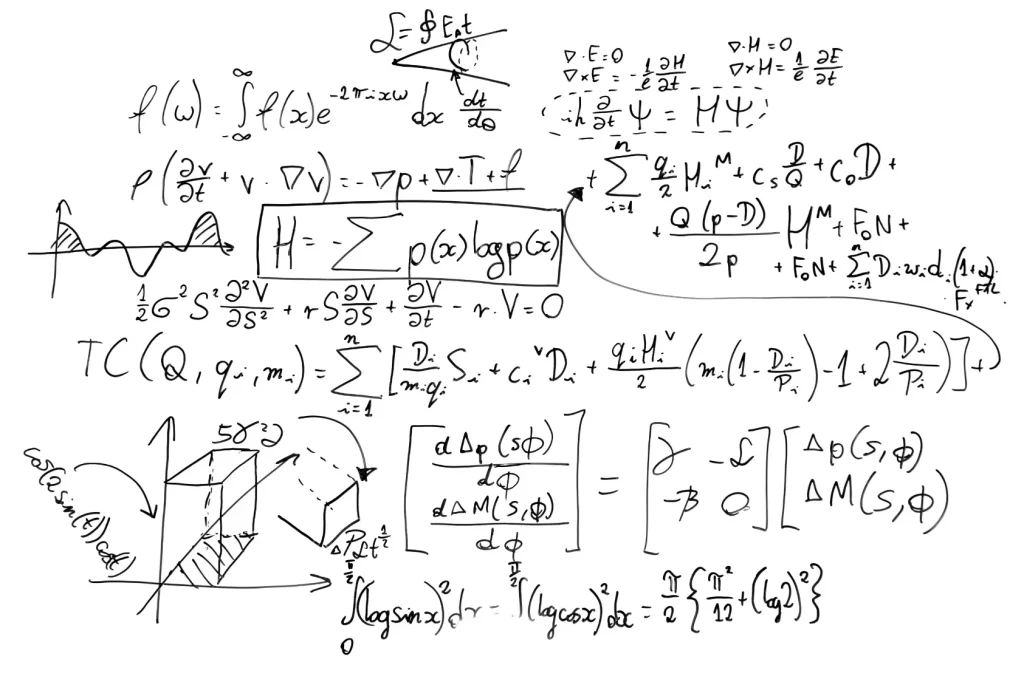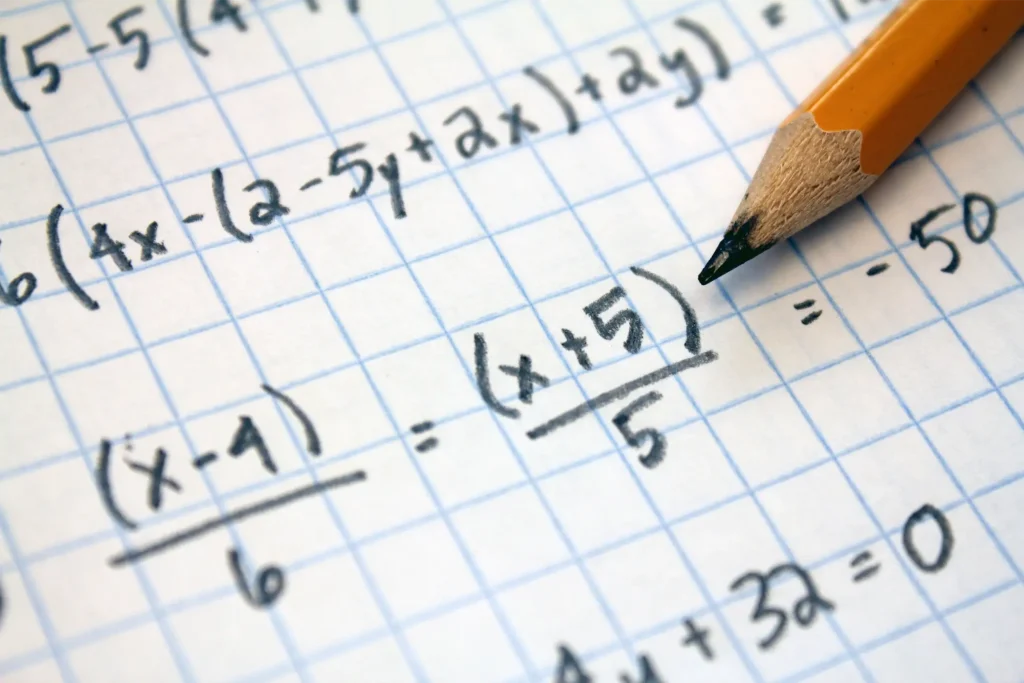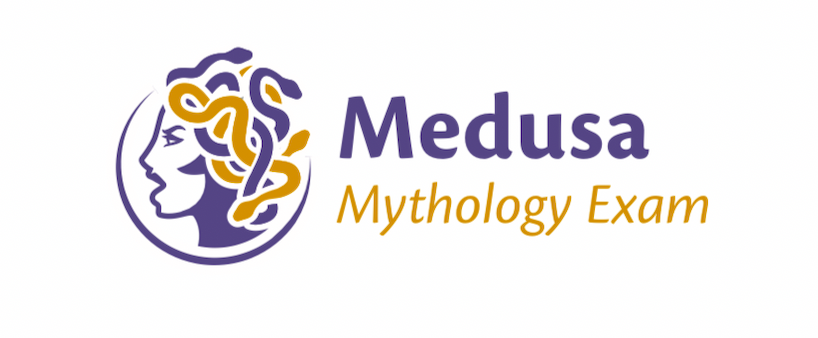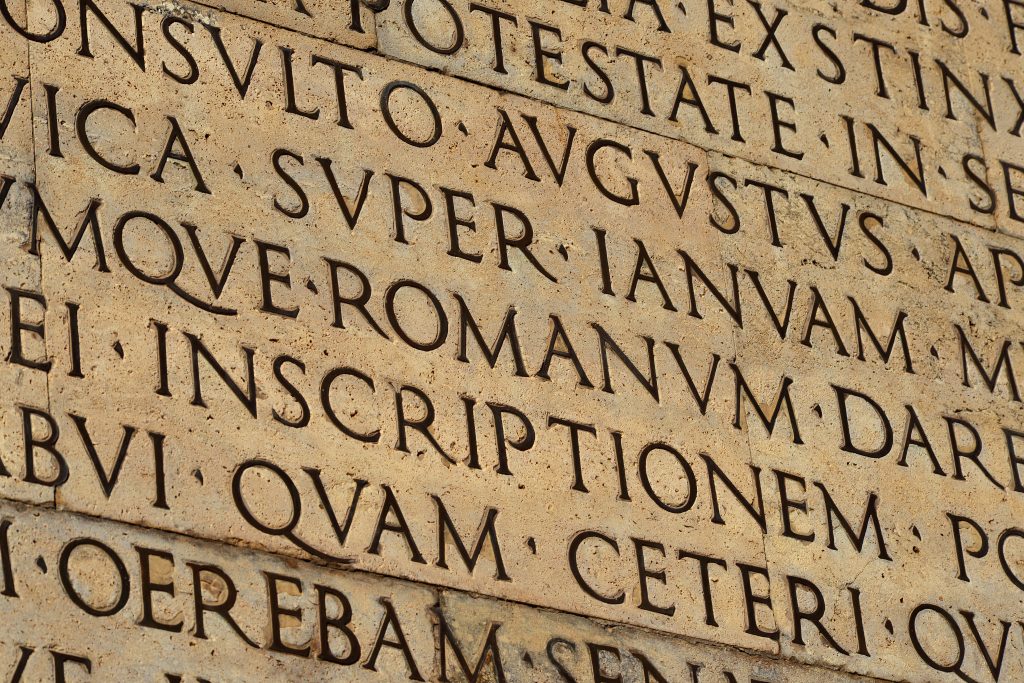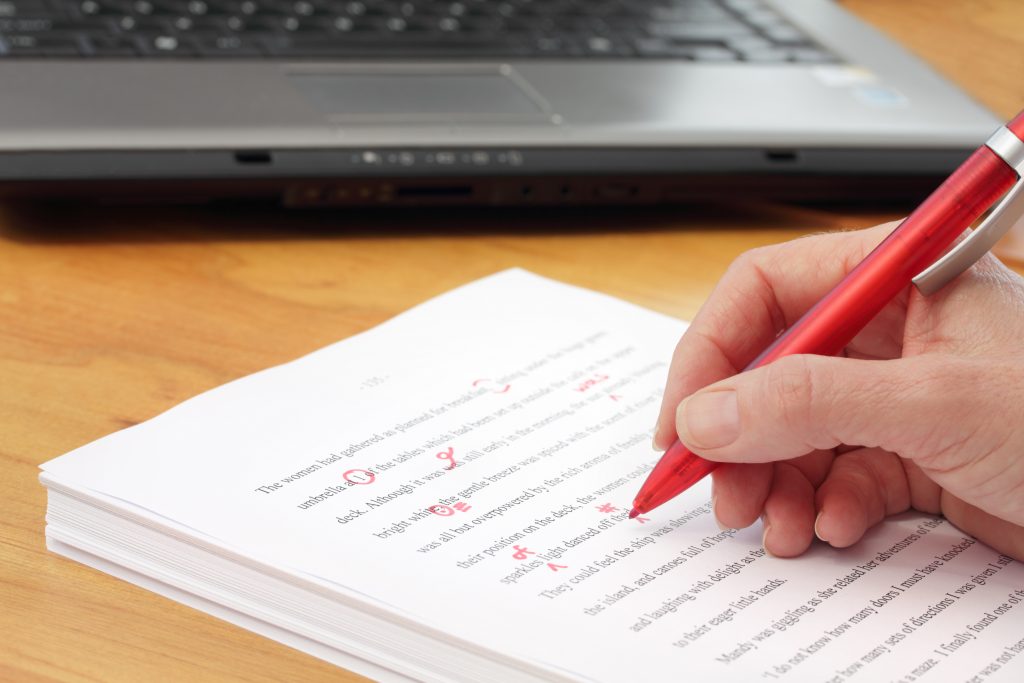Students who are interested in the National Roman Civilization Exam (NRCE)
One-on-one and small group (Max. 7 students/class)
Class Introduction
The National Roman Civilization Exam (NRCE) Preparation Program is a course designed to help students prepare for the NRCE, a nationwide exam that tests their knowledge and understanding of Roman civilization. Through this program, students will have the opportunity to learn about the culture, history, and legacy of ancient Rome from experienced instructors. The course will cover a variety of topics, including Roman literature, art, politics, and daily life, and will use a combination of lectures, discussions, and hands-on activities to engage students in the material. Whether you’re interested in ancient history or simply looking to improve your knowledge and skills, the NRCE Preparation Program is an excellent opportunity to challenge yourself and achieve success on the exam.
Competition Details
The National Roman Civilization Exam (NRCE) tests students’ knowledge of ancient Roman society. This is a test on the history and culture of the ancient Romans from 753 BC to the end of the reign of Constantine the Great.
Question breakdown:
- Approximately 25 questions on Roman history and 25 questions on Roman civilization (5 difficult, 10 medium, 10 easy for each)
- Roman History: 5 Monarchy, 10 Republic, 10 Empire
- Roman Civilization: clothing; living arrangement; food & meals; Roman theater; gladiatorial games; chariot races; religion; holidays and festivals; political and public career; roads; military; baths; geography; Roman slavery; travel & communication. (No more than 2 questions per topic).
Outcome
After completing the course, students are expected to reach the following goals:
- Understand Roman society’s social, political, and economic structures and their impact on the contemporary world
- Develop a strong foundation in the culture, history, and legacy of ancient Rome
- Be fully prepared for the NRCE by practicing exam-style questions
Feedback
Students and their parents will receive brief feedback after each class regarding the student’s general participation in class. Students will also receive feedback on graded assignments via email.



